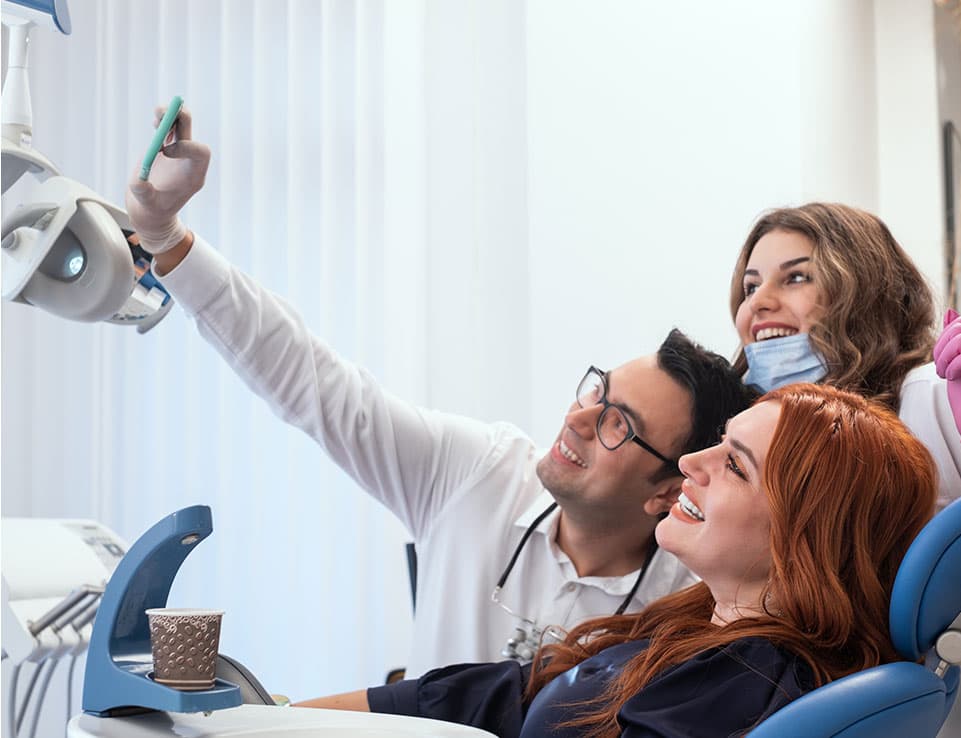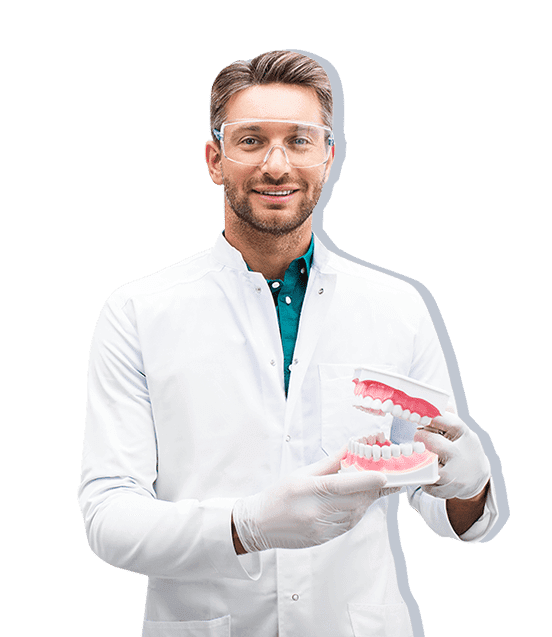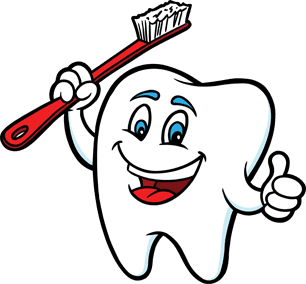
News and Updates


Three Common Signs of Cavities
University Dental Associates Jan 01, 2016

Coffee, Tea, and Your Smile
University Dental Associates Jan 01, 2016





















